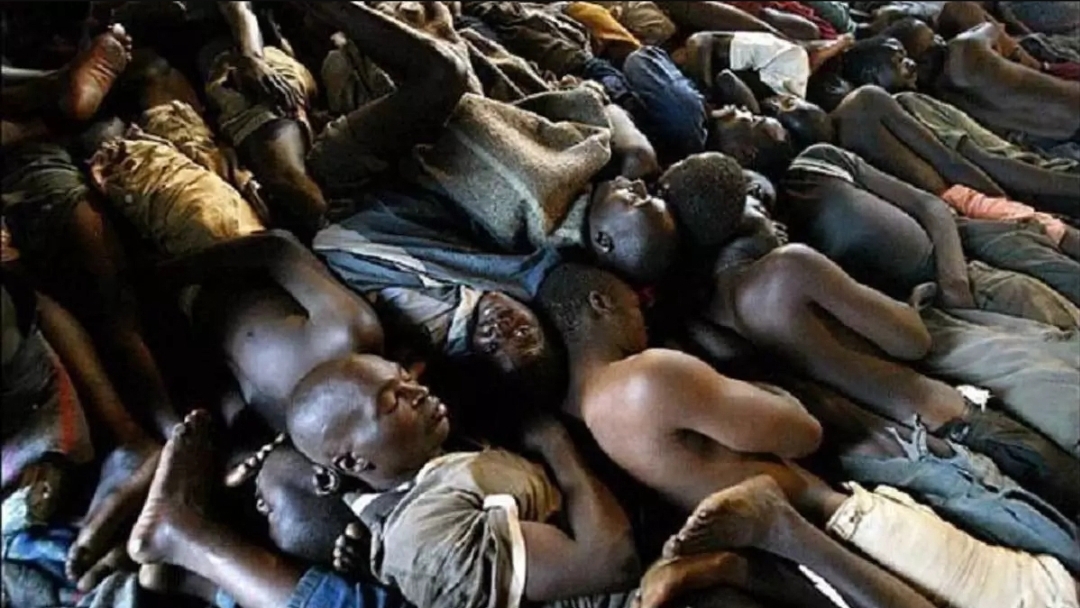
Stakeholders in the correctional sector have called on state governments to formulate and implement laws to aid in decongesting the prisons.
The stakeholders made the call at a National Dialogue on Enlisting State Corrections in Nigeria organised in collaboration between Hope Behind Bars Africa, USAID and Palladium in Abuja.
According to Funke Adeoye, executive director of Hope Behind Bars Africa, most criminal laws in Nigeria are state laws that create more offenders than congested prisons, making the federal government spend more to cater to inmates.
Ms Adeoye said the laws could be corrected when states are made to set up their facilities. She said most laws are similar to increased custodial measures, adding that the Nigerian Correctional Service Act creates room for alternatives to incarceration known as non-custodial sanctions.
“We have a large number of awaiting trial inmates in Nigeria. About 70 per cent of people in prison are awaiting trial and we also have a data that 90 per cent of people we find in our facilities are actually state offenders,” stated Ms Adeoye. “That is because most of the criminal laws are state laws and so this is an issue that needs to be addressed because we cannot have the federal government just taking care or feeding people that are incarcerated, even though many of them are state offenders.”
She added, “I think there is also data to show that billions of Naira is being spent by the Federal Government on feeding these inmates. So we are hopeful that at the end of this conversation today, we will have a trajectory as to where to go in terms of the management of state corrections in Nigeria.”
Ms Adeoye said there were so many things that needed to be done concerning state laws, and conversations had started regarding looking at alternatives to incarceration. She said that the administration of criminal justice also creates room for local and state sanctions, and it was important that states begin to include some of these sanctions in their laws.
The controller-general of corrections, Haliru Nababa, stated that the state attorneys general and commissioner for justice will have to step in to see how they can tackle this particular problem.
“If somebody has committed a crime and is taken into custody, let him be prosecuted urgently. If he is found guilty, let him be sentenced. If not, let him just be released. However, if someone is accused of committing an offence and it is not established, let the prosecutor, the police, the state justice, the chief judge and the other stakeholders do the needful. For him now to stay long is what brings about this delay in dispensation of justice,” Mr Nababa said.
Lazarus Apir, advocacy manager of Strengthening Civic and Local Engagement (SCALE), a project supported by the United States Agency for International Development (USAID), said having the correctional service on the exclusive list for a long time is a disadvantage.
“So with the amendment to the constitution, getting the states involved in correctional services is, of course, the way to go,” Mr Apir said. “So we felt the need that this kind of conversation needs to happen because it’s new to the states.”
(NAN)
This post was originally published on this site be sure to check out more of their content.






